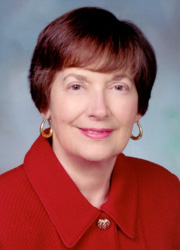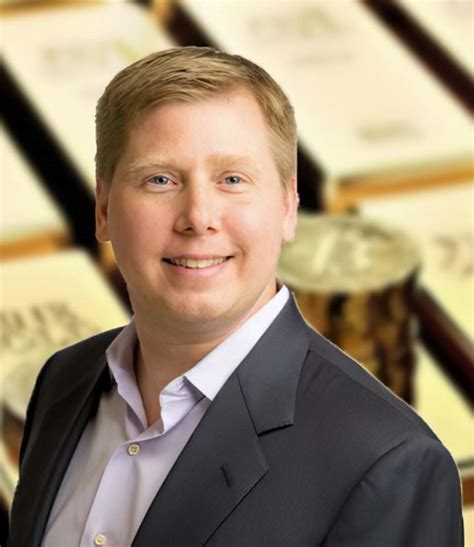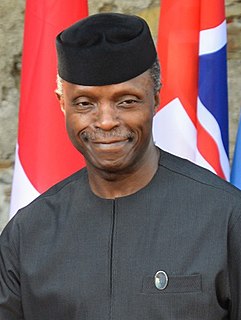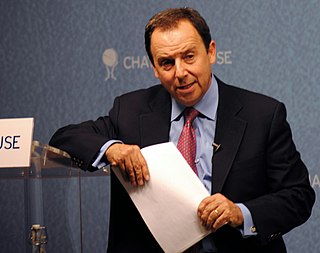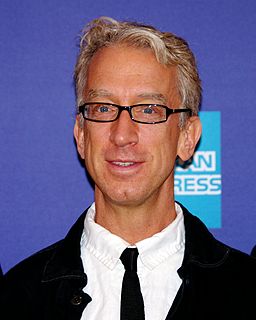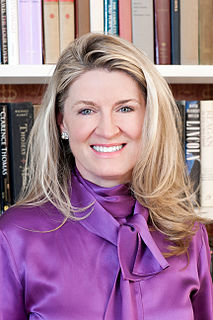Top 1200 Financial Advisor Quotes & Sayings - Page 4
Explore popular Financial Advisor quotes.
Last updated on October 7, 2024.
Even if a financial institution rejects an initial application by an individual using a synthetic identity, credit bureaus create a record from the transaction based on the fraudulent credentials. Consequently, the record can be used repeatedly by a fraudster to establish a fake identity used to commit financial and other types of fraud.
The President [Barack Obama], I think if you look at it from his shoes, you know, was facing a very difficult situation where he had to own Washington, tame New York, save a collapsing economy, with a collapsed financial system. He moved, I think, to a team that he felt was tried and true, in terms of dealing with financial crisis. That was his decision.
I call it financial impotence, this notion of not having enough money, because it has the same characteristics as sexual impotence. And men will never talk about sexual impotence, no matter how close you are to someone, but financial impotence is an even greater barrier. And, I broke that omerta. I had people walk up to me in the grocery store - Several people, coming up to me and saying, "Gosh. Let me tell you my story." People are so pent up with their sense of financial impotence, that they're dying to get it out!
Most governments want their citizens to be part of the financial system, to be productive citizens as a result of having access to be able to manage and move money in a seamless way. But the traditional financial services infrastructure is not designed to handle that because, predominantly, it's an expensive infrastructure.
'Nobody goes to jail.' This is the mantra of the financial-crisis era, one that saw virtually every major bank and financial company on Wall Street embroiled in obscene criminal scandals that impoverished millions and collectively destroyed hundreds of billions, in fact, trillions of dollars of the world's wealth - and nobody went to jail.
To restore confidence in our markets and our financial institutions so they can fuel continued growth and prosperity, we must address the underlying problem. The federal government must implement a program to remove these illiquid assets that are weighing down our financial institutions and threatening our economy.
Over and over again, financial experts and wonkish talking heads endeavor to explain these mysterious, 'toxic' financial instruments to us lay folk. Over and over, they ignobly fail, because we all know that no one understands credit default obligations and derivatives, except perhaps Mr. Buffett and the computers who created them.
From the 1990s onward, the financial sector created a vast array of instruments designed to separate investors from their money, financial derivatives of an ever-increasing level of complexity. At some point, this complexity reached a point where even the creators of the derivatives themselves didn't understand them.
If the American government can't stand behind the dollar, the world's benchmark currency, then the global financial system will very likely enter a new era in which there is much less trade and much less economic growth. It would be, by most accounts, the largest self-imposed financial disaster in history.
The trouble is that the risks that are being hedged very well by new financial securities are financial risks. And it appears to me that the real things you want to hedge are real risks, for example, risks in innovation. The fact is that you'd like companies to be able to take bigger chances. Presumably one obstacle to successful R&D, particularly when the costs are large, are the risks involved.
There is a widespread view among the liberal intelligentsia to the effect that Henry Kissinger, U.S. National Security Advisor from 1969 to 1975 and Secretary of State from 1973 to 1977, was a bad man. That may even be an understatement. In this fashionable consensus, he is not just a bad man: he is a war criminal.
The Fed contributed to the financial crisis, keeping interest rates too low for too long. I give them credit for responding and stabilizing the economy and the financial sector during the crisis. But then they tried to do too much with quantitative easing that went on forever, just dramatically exploding their balance sheets.
It is no exaggeration to say that since the 1980s, much of the global financial sector has become criminalised, creating an industry culture that tolerates or even encourages systematic fraud. The behaviour that caused the mortgage bubble and financial crisis of 2008 was a natural outcome and continuation of this pattern, rather than some kind of economic accident.
In the end, alchemy, whether it is metallurgical or financial, fails. A base business can not be transformed into a golden business by tricks of accounting or capital structure. The man claiming to be a financial alchemist may become rich. But gullible investors rather than business achievements will usually be the source of his wealth.


